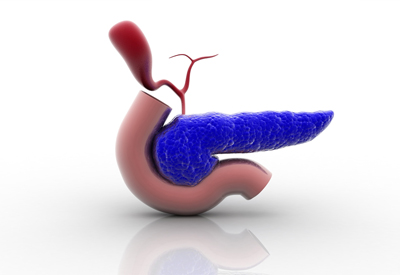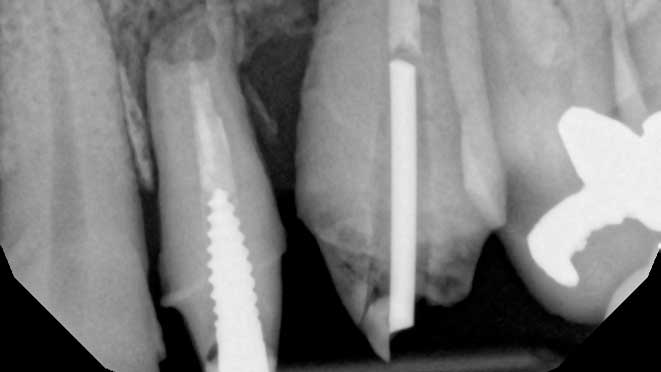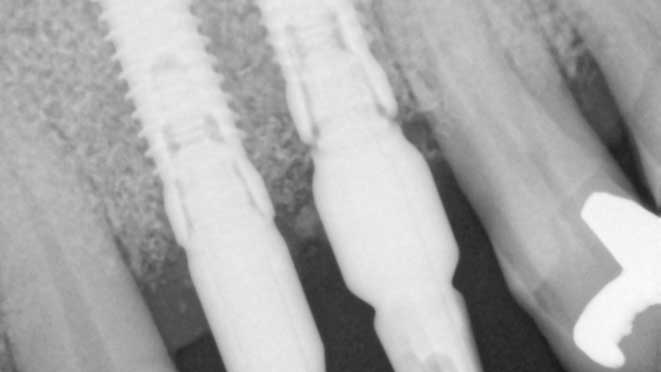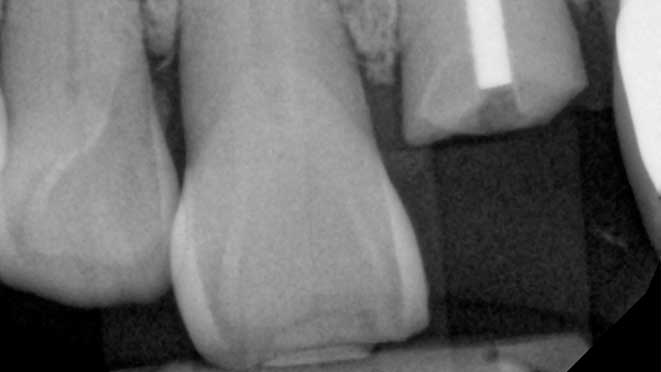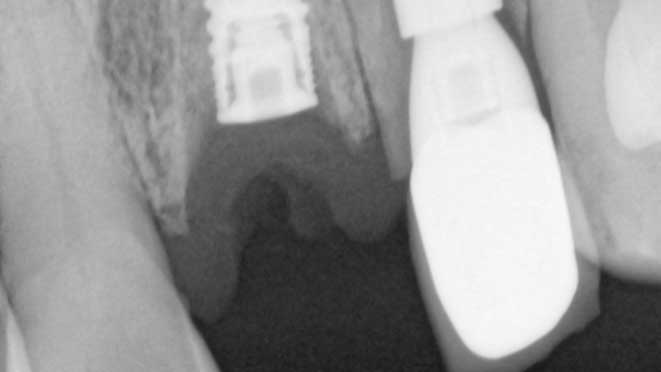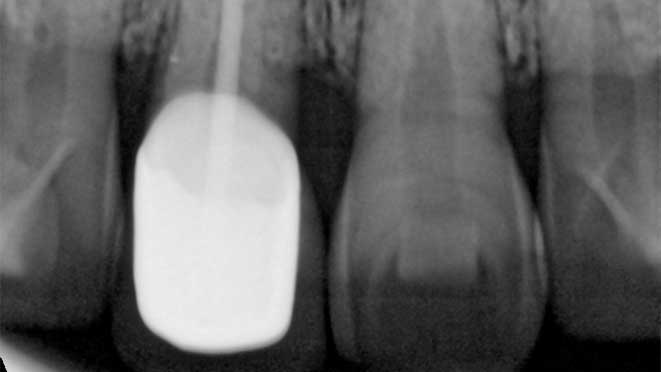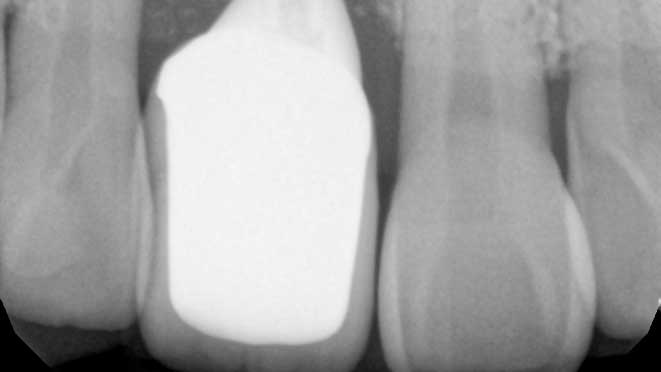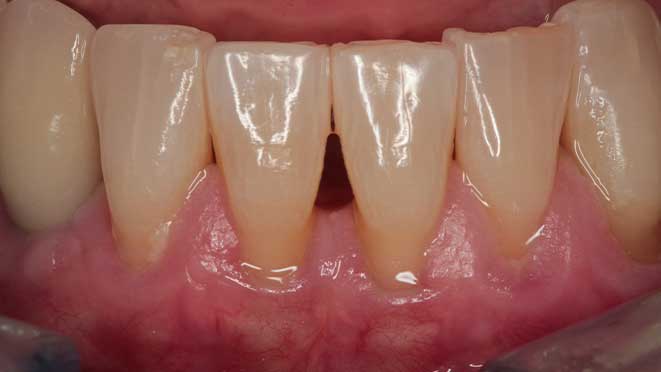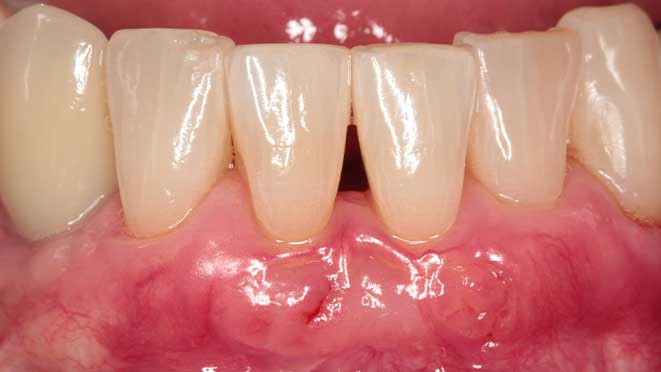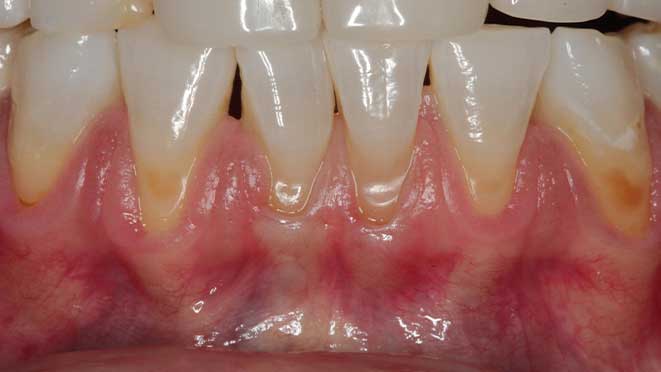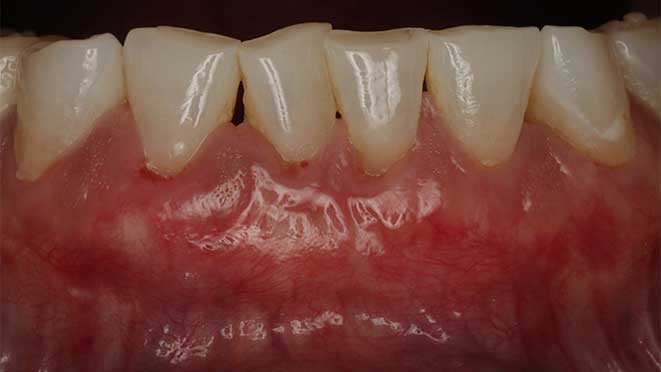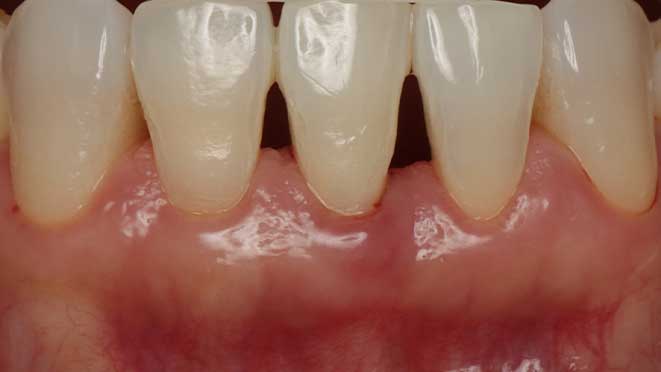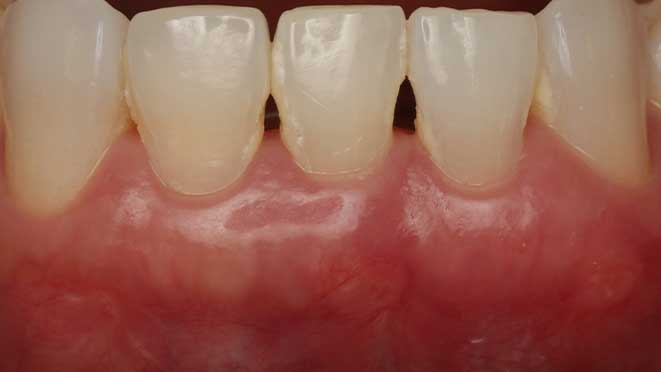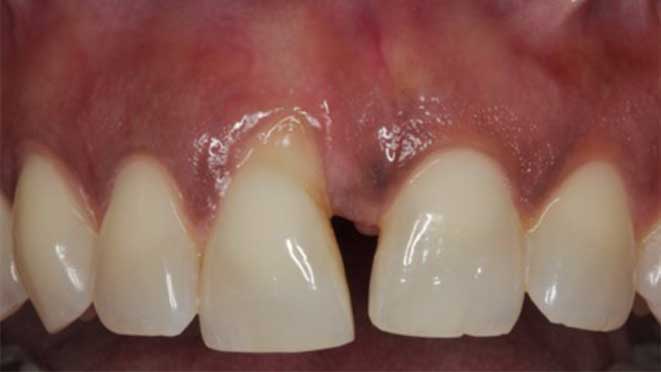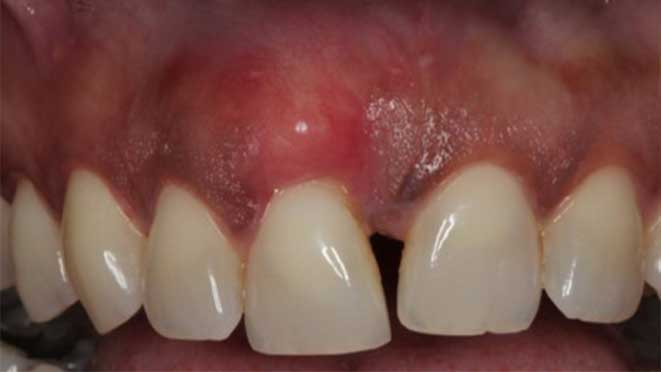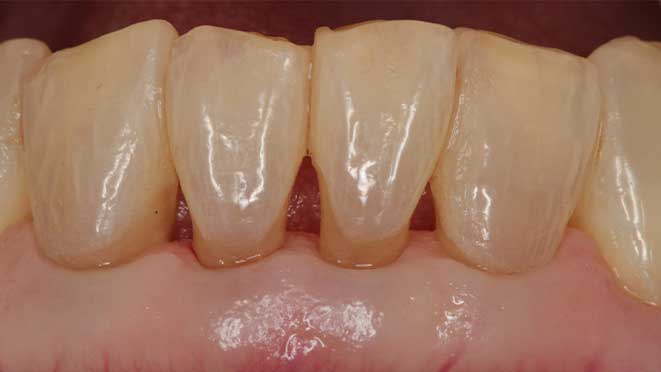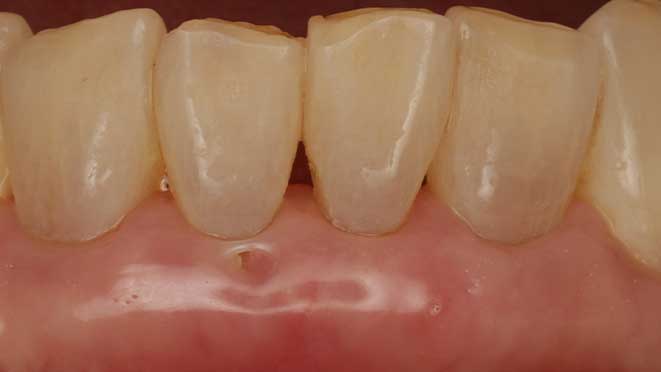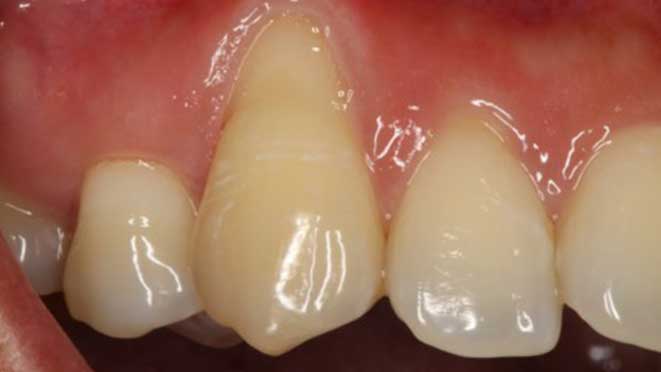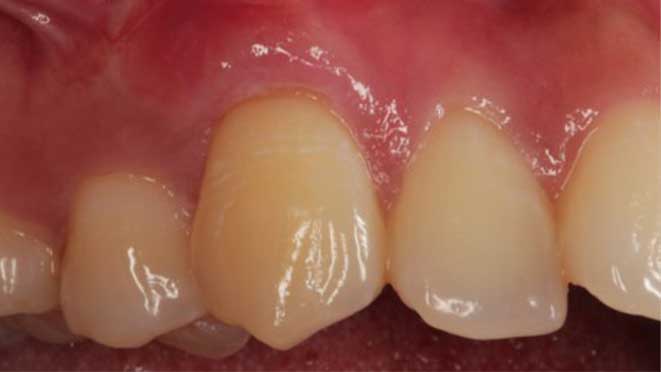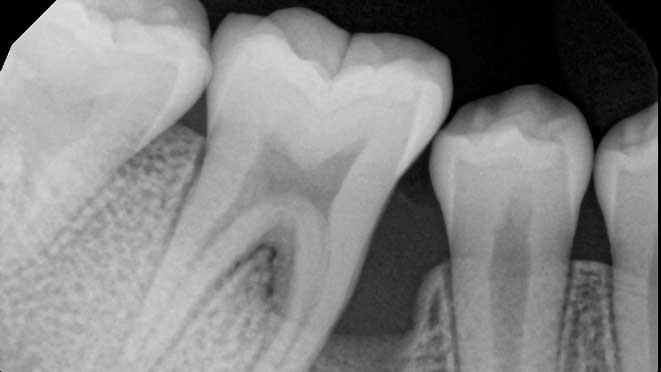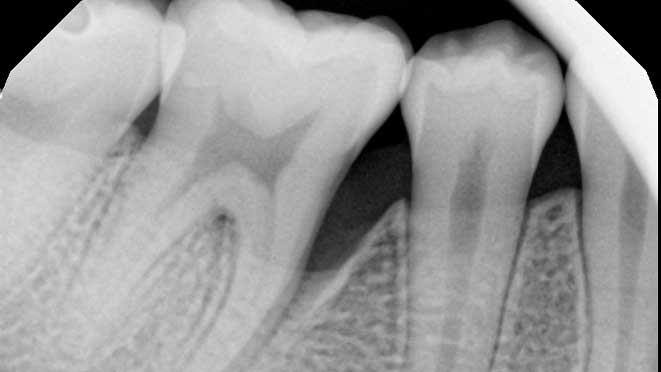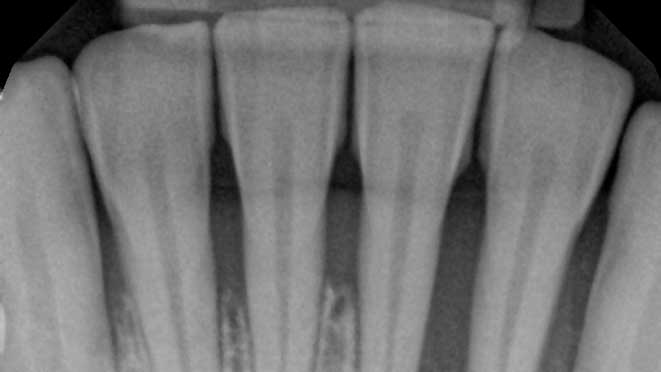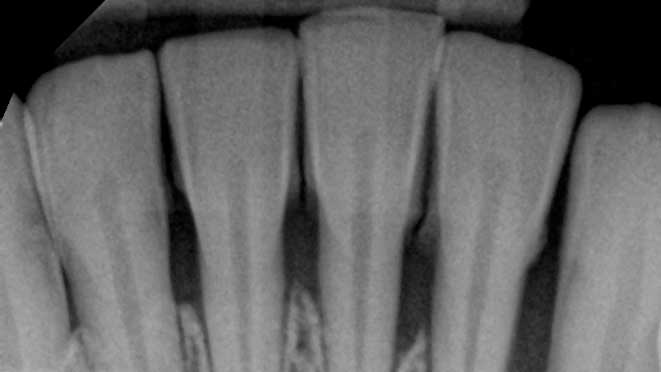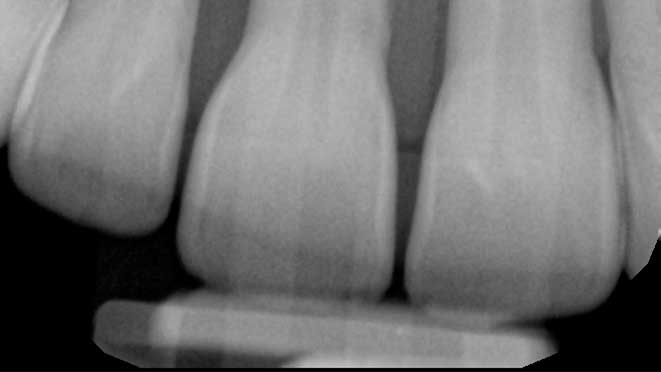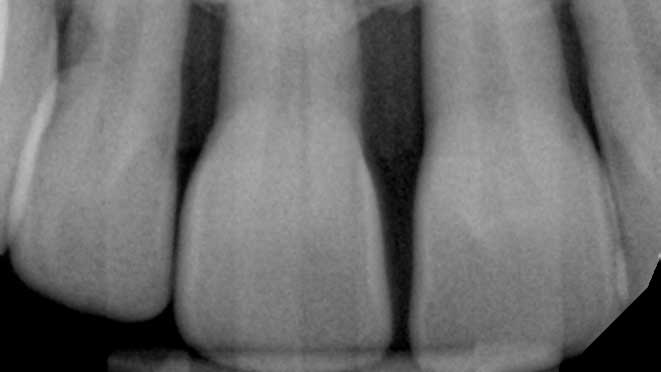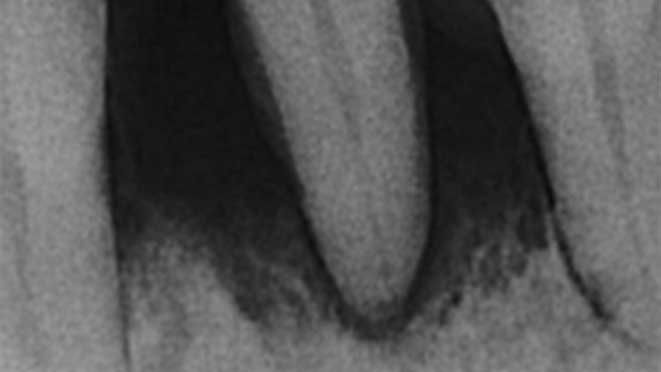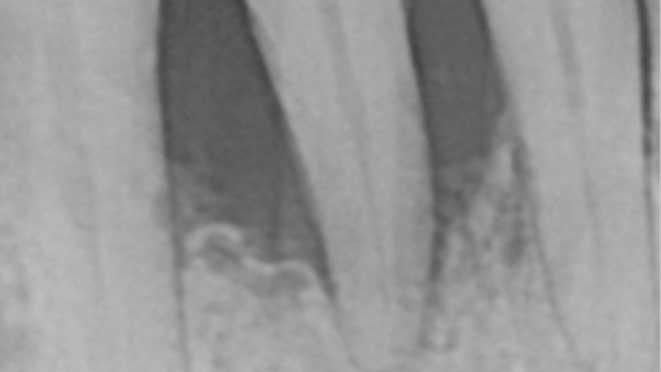I. Pancreatic Cancer: Causes, Symptoms, and Survival Rates
Pancreatic cancer is a malignant tumor that forms in the pancreas, an organ located behind the stomach and involved in digestion and hormone regulation. While the exact causes of pancreatic cancer are not known, some risk factors have been identified, such as age, tobacco use, obesity, and family history of pancreatic cancer. Symptoms of pancreatic cancer may include abdominal pain, jaundice, weight loss, and changes in bowel movements. However, these symptoms are often vague and may not appear until the cancer has advanced to an incurable stage. According to recent estimates, only about 10% of people diagnosed with pancreatic cancer survive for more than five years, making it one of the deadliest cancers.
II. Periodontal Disease: Definition, Prevalence, and Risk Factors
Periodontal disease is a chronic bacterial infection that affects the gums and bones that support the teeth. There are two main types of periodontal disease: gingivitis, which causes inflammation and bleeding of the gums, and periodontitis, which leads to the destruction of the bone and tissues around the teeth. Periodontal disease can occur at any age, but it is more common in adults over 30, smokers, people with diabetes or other chronic diseases, and those with poor oral hygiene. According to the Centers for Disease Control and Prevention (CDC), about half of adults aged 30 or older in the U.S. have periodontal disease, with higher rates among certain groups, such as African Americans, Hispanics, and people with lower income and education.
III. The Link Between Periodontal Disease and Pancreatic Cancer
Several studies have suggested that periodontal disease may be associated with an increased risk of various cancers, including lung, breast, and pancreatic cancer. One of the most recent and comprehensive studies on this topic was conducted by researchers at the Harvard School of Public Health and the Dana-Farber Cancer Institute, and published in the Journal of the National Cancer Institute in 2020. This study analyzed data from over 50,000 men in the Health Professionals Follow-up Study, and found that those with a history of periodontal disease had a 64% higher risk of developing pancreatic cancer than those without this condition. Moreover, the risk was even higher (2.5 times) among those who had lost teeth due to periodontal disease.
The underlying mechanisms that could explain the link between periodontal disease and pancreatic cancer are not fully understood, but some hypotheses have been proposed. One is that chronic inflammation, which is a hallmark of both conditions, may promote the growth and spread of cancer cells. Another is that oral bacteria, such as Porphyromonas gingivalis, which is a common pathogen associated with periodontal disease, may travel from the mouth to the pancreas and trigger the development of cancer. Finally, some studies have suggested that carcinogens, such as acetaldehyde, produced by the breakdown of alcohol by bacteria in the mouth, may damage the DNA in pancreatic cells and increase the risk of cancer.
IV. Implications and Recommendations for Oral Health and Cancer Prevention
While further research is needed to confirm the link between periodontal disease and pancreatic cancer, the findings of the Harvard/Dana-Farber study and other studies suggest that promoting good oral health may be a potential strategy for reducing the risk of cancer and other chronic diseases. Some of the implications and recommendations of this link are:
- Public health policy: Including oral health promotion and disease prevention in national and global cancer control strategies, and promoting multidisciplinary collaboration between dental and medical professionals.
- Clinical practice: Encouraging dental professionals to screen for periodontal disease and educate their patients about the risks and benefits of oral health maintenance, including oral hygiene, diet, and tobacco cessation.
- Patient education: Raising awareness among the general public about the importance of oral health for overall health and disease prevention, and providing accessible and affordable dental care for high-risk groups.
In addition to these measures, there are several things you can do to improve your oral health and reduce your risk of periodontal disease and other health problems. These include:
- Brush your teeth twice a day with fluoride toothpaste and floss daily to remove plaque and prevent gum inflammation.
- Use mouthwash or other antimicrobial products to kill bacteria in your mouth and freshen your breath.
- Quit smoking or using other tobacco products, which can increase the risk of periodontal disease and cancer.
- Eat a balanced diet that is rich in fruits, vegetables, whole grains, and lean protein, and low in sugar, processed foods, and saturated fats.
- Get regular dental checkups and cleanings, and follow your dentist's recommendations for preventive and restorative treatments.
Conclusion:
In conclusion, the link between poor oral health and pancreatic cancer is a promising area of research that requires further investigation and action. By taking care of your teeth and gums, you can not only prevent periodontal disease but also reduce your risk of cancer and other chronic diseases. As a dentist or a healthcare provider, you can play a crucial role in promoting good oral health and cancer prevention by educating your patients and working with other professionals. By working together, we can make progress towards a world where everyone has access to quality dental care and a healthy future.

